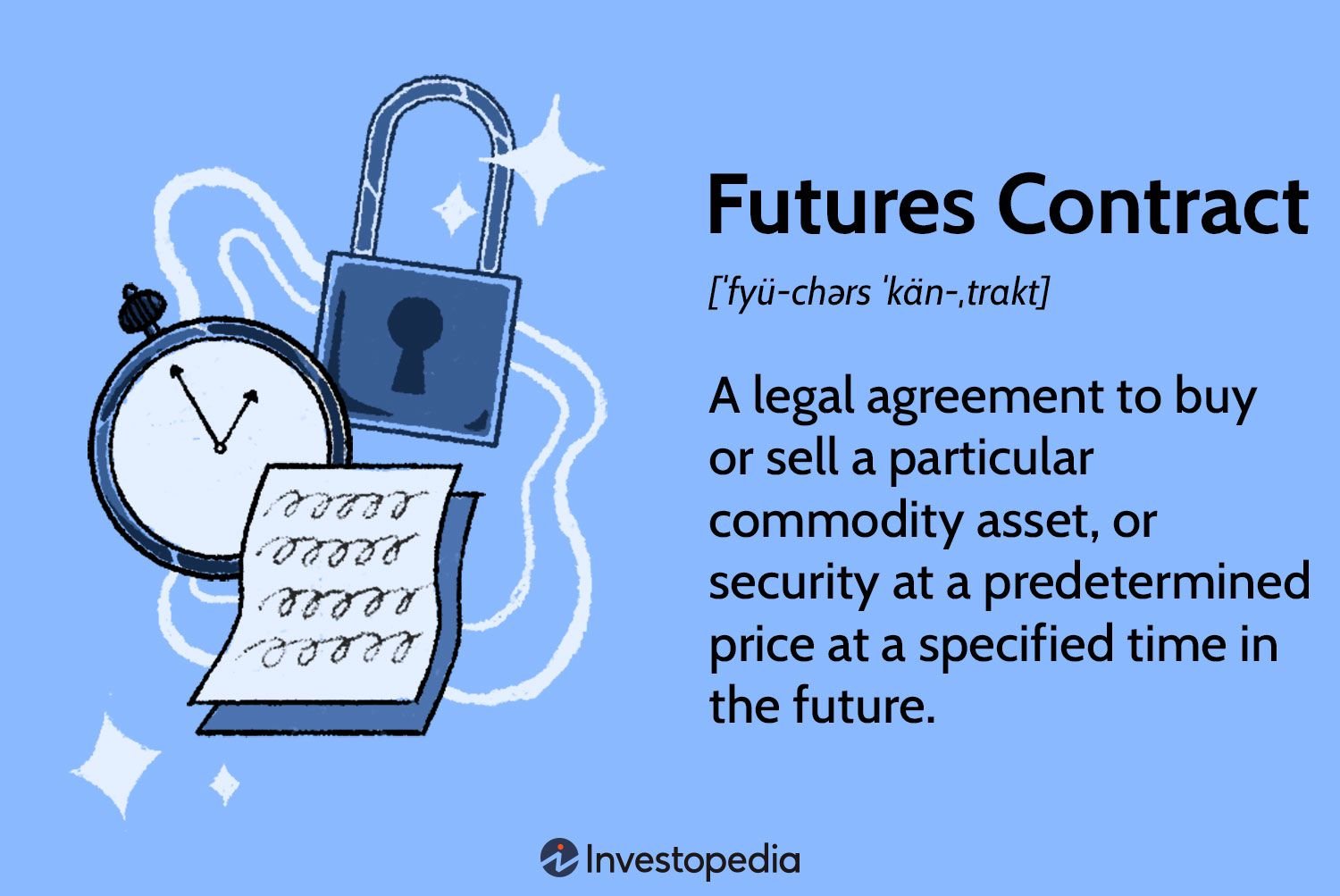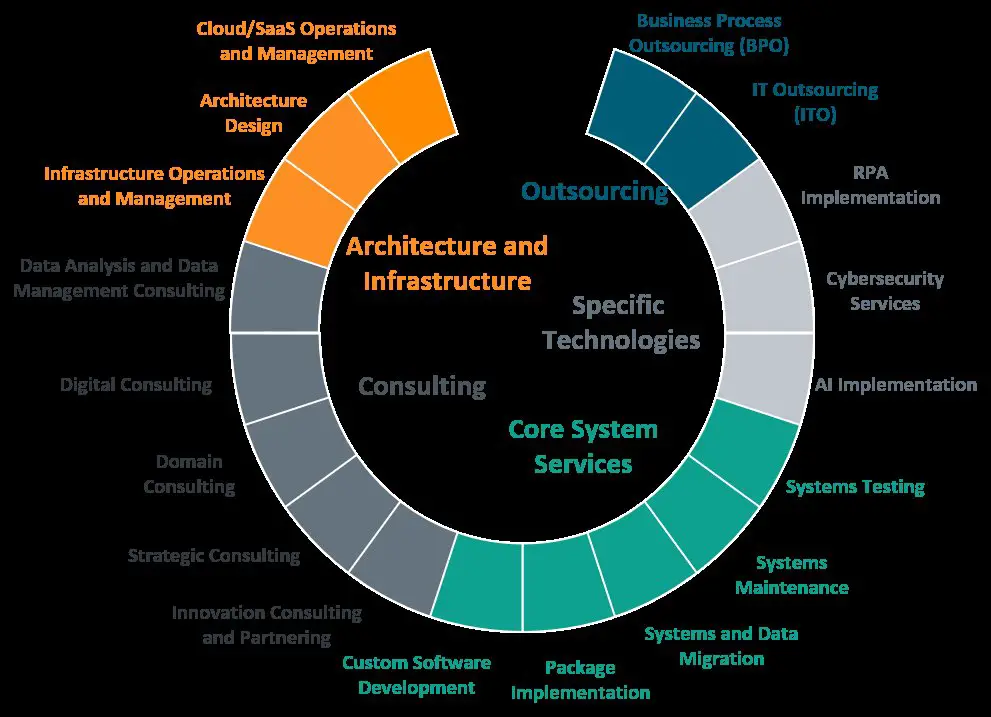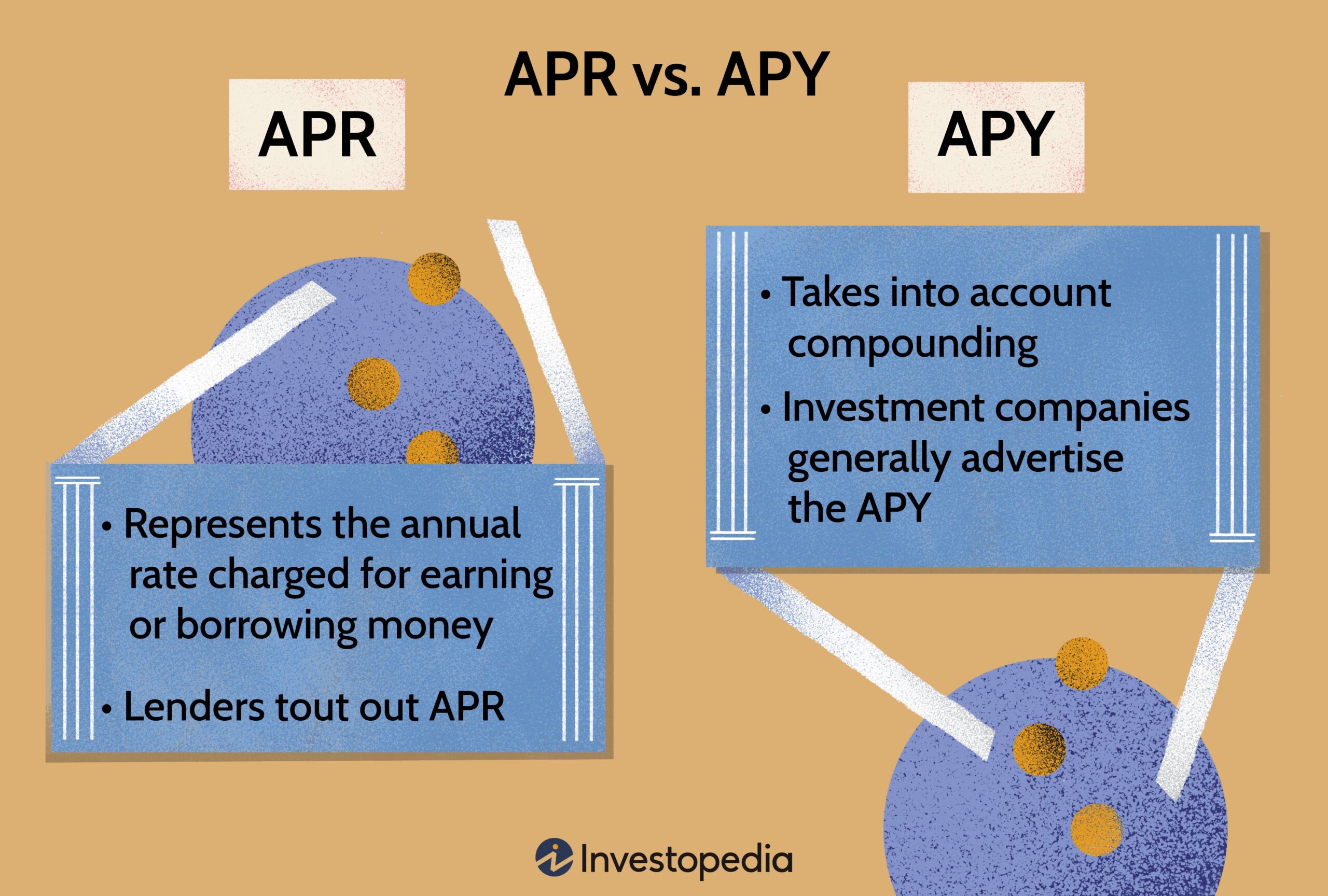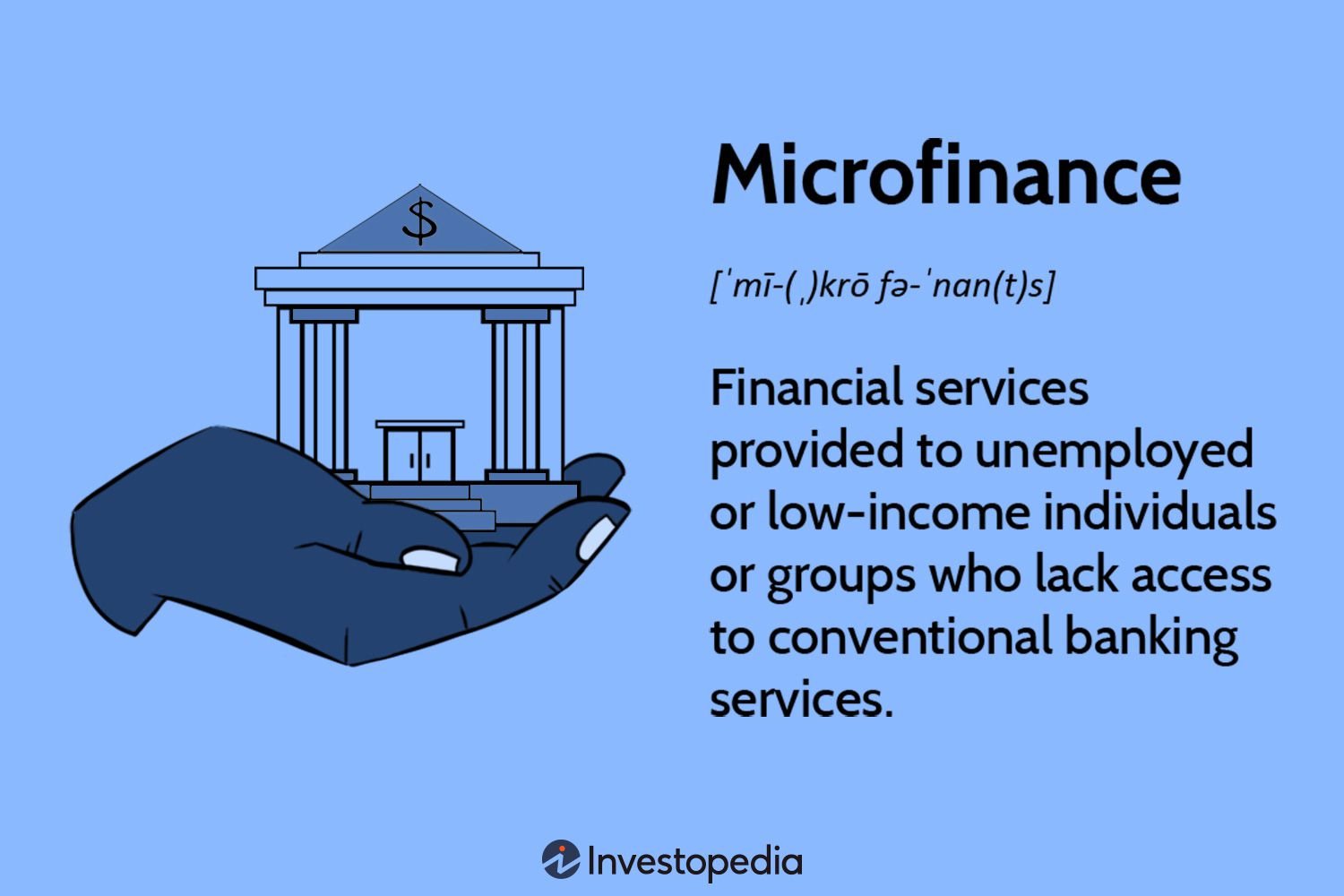A forward contract in trading is a valuable tool that allows traders to mitigate risks and lock in future prices for commodities, currencies, or other assets. It enables parties to set a predetermined price and delivery date, protecting them from potential price fluctuations in the market. Wondering how forward contracts work and how they can benefit you in your trading ventures? Look no further! In this article, we will delve into the world of forward contracts, unraveling their intricacies and exploring their potential advantages. So, let’s dive right in and demystify what a forward contract in trading truly entails.
What is a Forward Contract in Trading?
In the world of finance and trading, various instruments are used to hedge risks, speculate on future price movements, or lock in future prices. One such instrument that is commonly utilized is a forward contract. A forward contract is a legally binding agreement between two parties to buy or sell an asset at a predetermined price at a specified future date.
With a forward contract, the buyer and seller agree to the terms of the contract, including the asset being traded, the price at which it will be bought or sold, and the settlement date. Unlike other derivative instruments that are traded on exchanges, such as futures contracts, forward contracts are typically customized to meet the specific needs of the parties involved.
Understanding Forward Contracts
Forward contracts are bilateral agreements that are traded over the counter (OTC), meaning they are privately negotiated between the buyer and the seller. These contracts are not standardized and are tailored to fit the specific requirements of the parties involved. Here are some key aspects to understand about forward contracts:
1. Contract Specifications: The terms of a forward contract are determined by mutual agreement between the buyer and seller. These specifications include the asset being traded, the quantity, the price, and the settlement date.
2. Binding Contract: Forward contracts are legally binding agreements, and both parties are obligated to fulfill the terms of the contract. This means that they are subject to counterparty risk, as there is no centralized clearinghouse to guarantee settlement.
3. Customization: One of the main advantages of forward contracts is their flexibility. Since they are not standardized, the terms can be customized to meet the specific needs of the participants. This allows for greater flexibility in terms of the asset being traded, the quantity, and the settlement date.
Uses of Forward Contracts in Trading
Forward contracts are used for various purposes in trading and risk management. Here are some common applications of forward contracts:
1. Hedging: One of the primary uses of forward contracts is for hedging purposes. Companies often use forward contracts to hedge against future price fluctuations in commodities, currencies, or interest rates. By locking in the price today, they can protect themselves from adverse price movements in the future.
2. Speculation: Traders and investors also use forward contracts to speculate on future price movements. If they anticipate that the price of an asset will increase, they can enter into a long forward contract to buy the asset at a predetermined price. If the price indeed rises, they can sell the asset at a higher price and profit from the price difference.
3. Arbitrage: Forward contracts can be used for arbitrage opportunities, where traders exploit price discrepancies between different markets. By buying an asset in one market and selling it in another market through a forward contract, they can profit from the price differential.
Advantages and Disadvantages of Forward Contracts
Like any financial instrument, forward contracts have their own set of advantages and drawbacks. Here are some pros and cons of using forward contracts:
1. Advantages:
– Customization: Forward contracts can be tailored to meet specific needs.
– Flexibility: Parties have greater flexibility in terms of settlement dates and asset types.
– Privacy: As OTC instruments, forward contracts offer privacy and confidentiality.
2. Disadvantages:
– Counterparty Risk: There is a risk that one party may default on the contract.
– Lack of Liquidity: Since forward contracts are not traded on exchanges, they may suffer from lower liquidity compared to standardized derivatives.
– Market Price Changes: If market conditions change significantly, the agreed-upon forward price may no longer be favorable.
Key Differences: Forward Contracts vs. Futures Contracts
Forward contracts are often compared to futures contracts due to their similarities. However, there are some key differences between the two:
1. Standardization: Forward contracts are not standardized, while futures contracts are traded on exchanges and have standardized terms.
2. Trading Venue: Forward contracts are privately negotiated agreements traded over the counter (OTC), while futures contracts are traded on regulated exchanges.
3. Counterparty Risk: In forward contracts, there is counterparty risk, as there is no central clearinghouse involved. Futures contracts, on the other hand, are cleared through a central clearinghouse, which acts as the counterparty to both parties.
4. Liquidity: Futures contracts tend to have higher liquidity as they are traded on exchanges, while the liquidity of forward contracts may vary depending on the specific agreement.
In summary, a forward contract is a customizable agreement between two parties to buy or sell an asset at a predetermined price at a future date. These contracts are used for hedging, speculation, and arbitrage purposes, offering flexibility and customization. However, it’s important to be aware of the counterparty risk associated with forward contracts and the potential impact of market price changes. Understanding the intricacies of forward contracts can empower traders and investors to effectively manage risk and capitalize on market opportunities.
Forward contract introduction | Finance & Capital Markets | Khan Academy
Frequently Asked Questions
Frequently Asked Questions (FAQs)
What is a forward contract in trading?
A forward contract in trading is a customized agreement between two parties to buy or sell an asset at a predetermined price on a specified future date. It is a non-standardized contract that enables traders to hedge against price fluctuations or speculate on future price movements.
How does a forward contract work?
A forward contract works by locking in the price of an asset at the time of agreement. The buyer agrees to purchase the asset from the seller at the agreed-upon price and on the specified date. The contract is settled on the delivery date, and the transaction occurs as per the terms agreed upon initially.
What types of assets can be traded using forward contracts?
Forward contracts can be used for various assets, including commodities like oil, wheat, or gold, as well as currencies, interest rates, and stock indexes. Essentially, any asset that has a future value and can be priced can be traded using forward contracts.
What is the difference between a forward contract and a futures contract?
While both forward and futures contracts are agreements to buy or sell assets in the future, the main difference lies in their standardization and trading mechanism. Forward contracts are customized between two parties and traded over-the-counter (OTC), while futures contracts are standardized and traded on exchanges.
What are the advantages of using forward contracts in trading?
Using forward contracts in trading offers several advantages, including price certainty, customization, and flexibility. Traders can lock in prices, hedge against price volatility, and tailor contracts to meet their specific needs. Additionally, forward contracts allow for private negotiations, avoiding the cost and regulations associated with exchange-traded derivatives.
What are the risks involved in forward contract trading?
Forward contract trading involves certain risks, primarily related to unexpected price movements. If the market price moves unfavorably, one party may benefit while the other suffers losses. Additionally, there is counterparty risk, where one party fails to fulfill their obligations. It is crucial for traders to carefully assess and manage these risks before entering into forward contracts.
Can forward contracts be canceled or terminated?
Forward contracts are legally binding agreements, and both parties are obligated to fulfill their terms. However, it is possible to cancel or terminate a forward contract through mutual consent or by offsetting the position with an equivalent but opposite transaction. It is advisable to consult legal and financial professionals before attempting any cancellation or termination.
Are forward contracts regulated?
Forward contracts are generally not as heavily regulated as exchange-traded derivatives. However, the specific regulations can vary depending on the country and the asset being traded. It is important for traders to be aware of the regulatory requirements that apply to their specific forward contract transactions.
Final Thoughts
A forward contract in trading is a legally binding agreement between two parties to buy or sell an asset at a predetermined price and future date. It allows traders to lock in a price for an asset and mitigate potential risks associated with price fluctuations. By entering into a forward contract, traders can secure future transactions and protect their investments. These contracts are commonly used in commodities markets, foreign exchange, and interest rate markets. Forward contracts provide traders with flexibility and allow them to manage their trading positions effectively. Understanding and utilizing forward contracts is crucial for traders seeking stability and predictability in the volatile world of trading.



